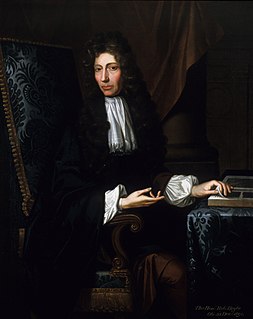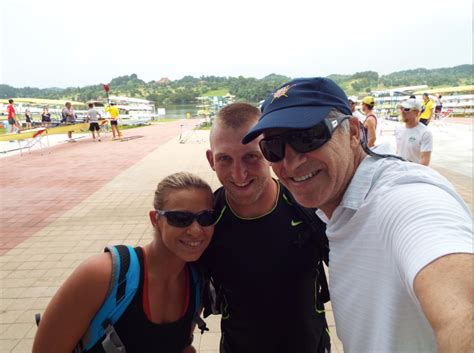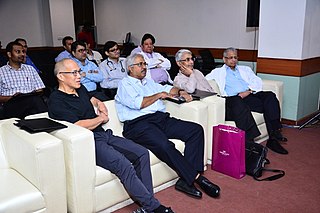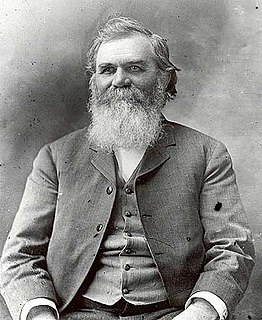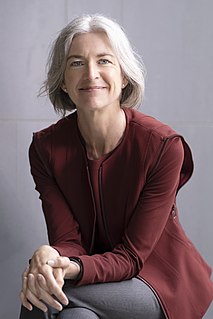A Quote by Robert Boyle
I look upon a good physician, not so properly as a servant to nature, as one, that is a counsellor and friendly assistant, who, in his patient's body, furthers those motions and other things, that he judges conducive to the welfare and recovery of it; but as to those, that he perceives likely to be hurtful, either by increasing the disease, or otherwise endangering the patient, he thinks it is his part to oppose or hinder, though nature do manifestly enough seem to endeavour the exercising or carrying on those hurtful motions.
Related Quotes
Doctor Johnson said, that in sickness there were three things that were material; the physician, the disease, and the patient: and if any two of these joined, then they get the victory; for, Ne Hercules quidem contra duos [Not even Hercules himself is a match for two]. If the physician and the patient join, then down goes the disease; for then the patient recovers: if the physician and the disease join, that is a strong disease; and the physician mistaking the cure, then down goes the patient: if the patient and the disease join, then down goes the physician; for he is discredited.
It is indeed a matter of great difficulty to discover, and effectually to distinguish, the true motions of particular bodies from the apparent; because the parts of that immovable space, in which those motions are performed, do by no means come under the observation of our senses. Yet the thing is not altogether desperate; for we have some arguments to guide us, partly from the apparent motions, which are the differences of the true motions; partly from the forces, which are the causes and effects of the true motions.
Displacement of any part of the skeletal frame may press against nerves, which are the channels of communication, intensifying or decreasing their carrying capacity, creating either too much or not enough functionating, an aberration known as disease. The nature of the affection depends upon the shape of the bone, the amount of pressure, age of patient, character of nerves impinged upon and the individual makeup.
A physician who fails to enter the body of a patient with the lamp of knowledge and understanding can never treat diseases. He should first study all the factors, including environment, which influence a patient's disease, and then prescribe treatment. It is more important to prevent the occurrence of disease than to seek a cure.
When a librarian really believes that a book is harmful, that its content is contrary to the welfare of the community, or that it is destructive of good taste, even if those are his opinions only, he has not only the right, but also the obligation to do what he properly can to keep that book out of the hand of those whom he thinks might be injured by it.
The skeptic says that the believer has lost his own mind under God. On the contrary, it is the people who follow God who are most like his children, who willingly and consciously walk in his will; but those who oppose him oppose him vainly and at their own expense, and, figuratively, seem to be more like his tools. They don't diminish his glory, but instead he still manages to use them in ways of unconsciously carrying out his will.
One can envisage taking cells from a patient with sickle-cell anaemia or an inherited blood disorder and using the Cas9 system to fix the underlying genetic cause of the disease by putting those cells back into the patient and allowing them to make copies of themselves to support the patient's blood.
